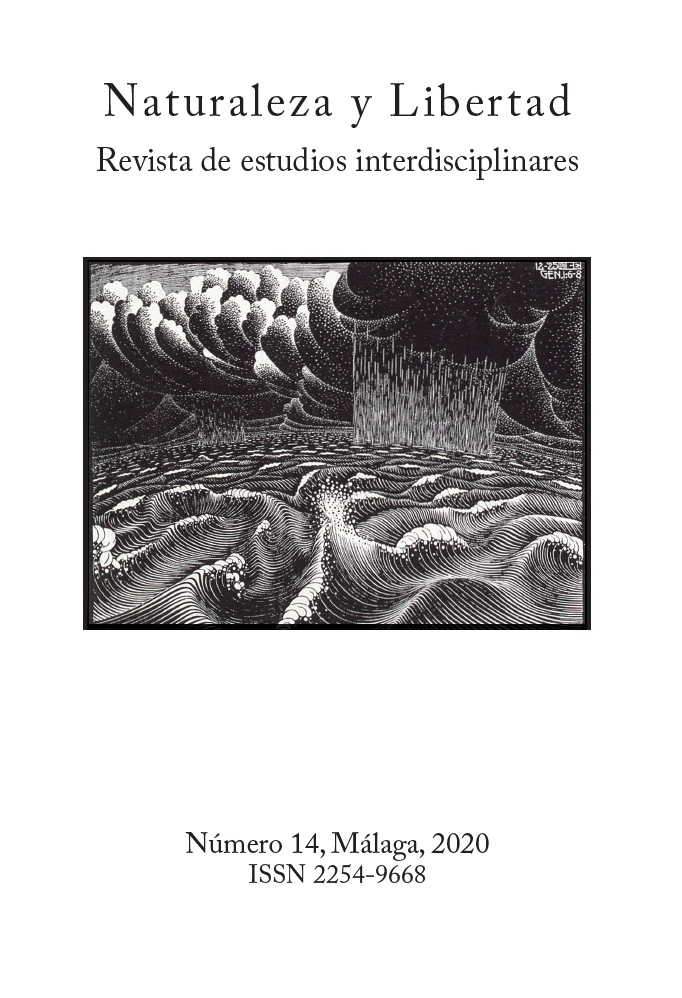Interdisciplinarity and transdisciplinarity in Carol Ryff
DOI:
https://doi.org/10.24310/NATyLIB.2020.v14i2.10734Keywords:
Multidisciplinarity, Interdisciplinarity, Transdisciplinarity, Carol Ryff, AristotleAbstract
This article reviews the research done by psychologist Carol Ryff and wants to show an example of the contributions that philosophy can make to experimental science. Among its premises is that the key to a science is not so much the performance of verifiable experiments, which is necessary in experimental science, but rather its agreement with reality. Hence, the specific knowledge of the various disciplines, in some cases, tends to be grouped into a movement that is first multidisciplinary, then interdisciplinary, and finally transdisciplinary. Normally this tendency does not materialize, but in some cases like the one shown, it does. The process responds to a scientific dynamic of advancing in a holistic knowledge that transcends the limits or barriers raised by some interpretations of scientific activity.
Downloads
Metrics
References
Alvargonzález, D. (2011), Multidisciplinarity, Interdisciplinarity, Transdisciplinarity, and the Sciences, International Studies in the Philosophy of Science, 25:4, 387-403.
Aristóteles (2012), Ética a Nicómaco. Madrid: Gredos.
Bradburn, N.M. (1969), The Structure of Psychological Well-Being. Chicago: Aldine. Bühler, C. (1935), The curve of life as studied in biographies. Journal of Applied Psychology, 43, 653
Downloads
Published
How to Cite
Issue
Section
License
Those authors who have publications with this journal, accept the following terms:
1. Copyright and licensing information are clearly described on the journal’s web site: all content published in Naturaleza y Libertad is open acces without limit, and are subject to the Attribution-NonCommercial-ShareAlike 4.0 International (CC BY-NC-SA 4.0) license. The full text of which can be consulted at https://creativecommons.org/licenses/by-nc-sa/4.0/
2. It is the responsibility of the authors to obtain the necessary permissions for the images that are subject to copyright. The authors whose contributions are accepted for publication in this journal will retain the non-exclusive right to use their contributions for academic, research and educational purposes, including self-archiving or deposit in open access repositories of any kind. The electronic edition of this magazine is edited by the Editorial de la University of Malaga (UmaEditorial), being necessary to cite the origin in any partial or total reproduction.
3. This journal allows and encourages authors to publish papers on their personal websites or in institutional repositories, both before and after their publication in this journal, as long as they provide bibliographic information that accredits, if applicable, your posting on it.
4. In no case will anonymous papers be published.





18.png)













